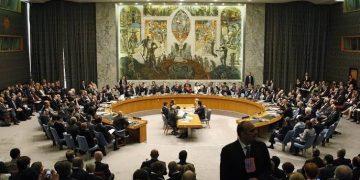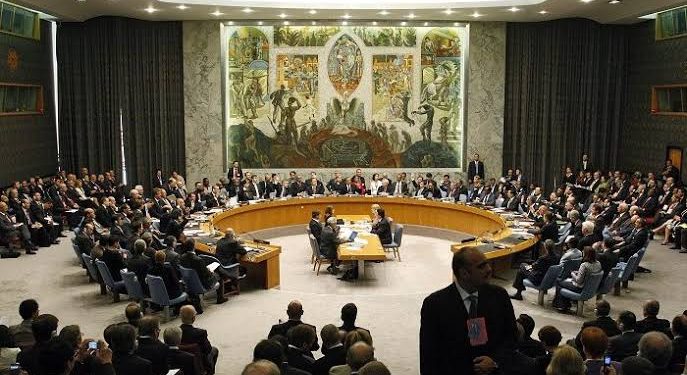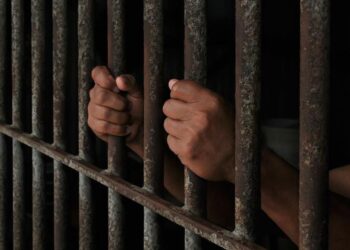By John Ikani
Russia has assumed the presidency of the United Nations Security Council (UNSC), despite objections from Ukraine.
The move means that the Security Council is now led by a country whose president, Vladimir Putin, is subject to an international arrest warrant for alleged war crimes.
The International Criminal Court issued the warrant for Putin last month, but the United States, as a permanent council member, said it could not block Russia from assuming the presidency.
The Security Council presidency rotates among the council’s 15 members on a monthly basis, and Russia’s turn in February 2022 coincided with the country’s full-scale invasion of Ukraine.
As a result, Ukraine has protested the move, but Russia is now in charge of the procedural role.
Moscow’s ambassador to the UN, Vasily Nebenzia, said he plans to oversee several debates, including one on arms control, and discuss a “new world order” that will replace the “unipolar one.”
Ukrainian officials have criticized Russia’s presidency, with Foreign Minister Dmytro Kuleba calling it “the worst joke ever for April Fool’s Day” and a “stark reminder that something is wrong with the way international security architecture is functioning.”
Ukrainian Presidential Adviser Mykhaylo Podolyak called the move “another rape of international law.”
President Volodymyr Zelensky has previously called for the Security Council to reform or dissolve altogether, citing its failure to prevent Russia’s invasion of Ukraine.
He has also called for Russia to be removed from its member status. However, the United States has stated that the UN charter does not allow for the removal of a permanent member.
The Security Council’s five permanent members – the UK, US, France, China, and Russia – reflect the post-war power structure that existed when the council was formed.
Russia’s presence as a permanent member allows it to veto resolutions, and in the past, it has vetoed resolutions aimed at ending its invasion of Ukraine and reversing its illegal annexation of four regions of Ukraine.
To pass a Security Council vote, there must be nine votes in favor, with none of the five permanent members voting against.




































